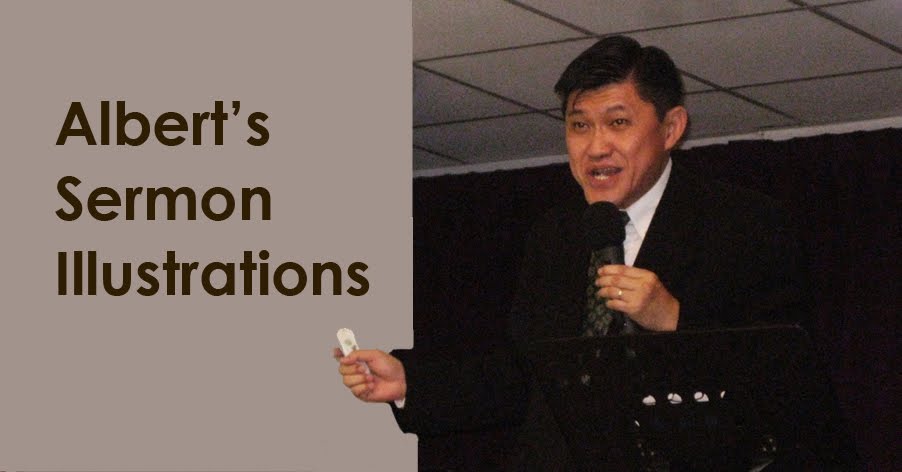 |
| Dorothy L. Sayers |
Dorothy Sayers at her best
Into her famous mid-20th century essay “The Dogma Is the Drama,” mystery writer, religious playwright, and Dante translator inserts the following scathing and humorous assessment of what many unchurched people think the church believes. Sadly, this portrait may still not be far off. And as they were then, these sorts of mistakes are still largely the fault of the church itself.
Q.: What does the Church think of God the Father?
A.: He is omnipotent and holy. He created the world and imposed on man conditions impossible of fulfillment. He is very angry if these are not carried out. He sometimes interferers by means of arbitrary judgments and miracles, distributed with a good deal of favoritism. He . . . is always ready to pound on anybody who trips up over a difficulty in the Law, or is having a bit of fun. He is rather like a dictator, only larger and more arbitrary.
Q.: What does the Church think of God the Son?
A.: He is in some way to be identified with Jesus of Nazareth. It is not His fault that the world was made like this, and, unlike God the Father, he is friendly to man and did His best to reconcile man to God (see Atonement). He has a good deal of influence with God, and if you want anything done, it is best to apply to Him.
Q.: What does the Church think about God the Holy Ghost?
A.: I don’t know exactly. He was never seen or heard of till
Pentecost. There is a sin against Him which damns you forever, but nobody knows what it is.
Q.: What is the
doctrine of the Trinity?
A.: “The Father incomprehensible, the Son incomprehensible, and the whole thing incomprehensible.” It’s something put in by theologians to make it more difficult—it’s got nothing to do with daily life or ethics.
Q.: What was Jesus Christ like in real life?
A.: He was a good man—so good as to be called the Son of God. He is to be identified in some way the God the Son (see above). He was meek and mild and preached a simple religion of love and pacifism. He has no sense of humor. Anything in the Bible that suggests another side to His character must be an interpolation, or a paradox invented by
G. K. Chesterton. If we try to live like Him, God the Father will let us off being damned hereafter and only have us tortured in this life instead.
Q.: What is meant by the Atonement?
A.: God wanted to damn everybody, but His vindictive sadism was sated by the crucifixion of His own Son, who was quite innocent, and, therefore, a particularly attractive victim. He now only damns people who don’t follow Christ or who never heard of Him.
Q.: What does the Church think of sex?
A.: God made it necessary to the machinery of the world, and tolerates it, provided the parties (a) are married, and (b) get no pleasure out of it.
Q.: What does the Church call Sin?
A.: Sex (otherwise than as excepted above); getting drunk; saying “damn”; murder, and cruelty to dumb animals; not going to church; most kinds of amusements. “Original sin” means that anything we enjoy doing is wrong.
Q.: What is faith?
A.: Resolutely shutting your eyes to scientific fact.
Q.: What is the human intellect?
A.: A barrier to faith.
Q.: What are the seven Christian virtues?
A.: Respectability; childishness; mental timidity; dullness; sentimentality; censoriousness; and depression of spirits.
Q.: Wilt thou be baptized in this faith?
A.: No fear!
This kind of close, observant understanding of what people today really think about Christianity is crucial to the business of translating the gospel for one’s own culture. Though that “culture” is always a moving target, that doesn’t remove our responsibility to understand that target and articulate the gospel in terms understandable by it.
Of course, when we do this sort of thing the first thing we’ll be told by other well-meaning Christians is that we are compromising the gospel, or syncretizing it with foreign material. While that’s certainly a possible error, it was not one that Sayers made: or at least, not one that she made very often–and certainly not one she made intentionally. More than almost any other modern lay theologian, Sayers refused to compromise orthodox theology in her apologetic responses to such misunderstandings.
Then, of course, there’s the fact that she’s just a darn good writer—compelling, funny, insightful, choosing just the right turn of phrase for her audience. Man, I love reading Sayers.































